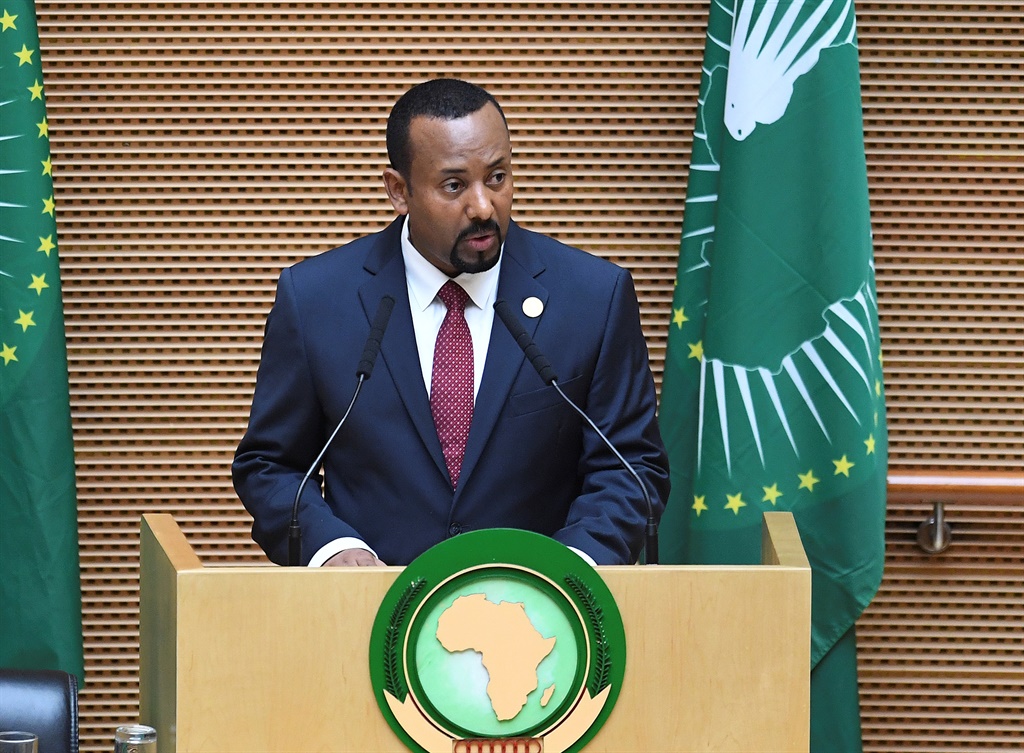The Kenyan economy serves as the EAC’s anchor. The region’s overall performance will be heavily influenced by what happens in Kenya. Kenya’s economy is the largest in the area and far more dynamic than the economies of the other member countries. In terms of investment and trade, the country’s economy is much better connected to the rest of the world. Kenya’s economy is expected to remain strong, owing to its more advanced human capital base, more diverse economy, and role as a regional leader in the information and communication revolution. This will benefit the other member countries.
Recent institutional reforms have boosted the prospects for a strong economy, culminating in the adoption of a new constitution providing devolved governance. Kenya’s economic dominance in the region is founded on a robust private sector that has grown under relatively market-friendly policies for most post-independence periods. In addition, Kenya’s track record of relative political stability and its lack of dramatic ideological shifts over the same period has helped solidify its position.
The other members of the EAC, on the other hand, have had rather turbulent political histories. In Tanzania, for example, the policy of “Ujamaa,” or radical ideological orientation toward socialism, was the cornerstone of the government of founding President Julius Nyerere. Other EAC countries’ private sector growth has been hampered by similar factors.
As a result, even though these countries have implemented significant reforms and are now on a positive growth trajectory, Kenya is likely to maintain its dominant position in the near-to-medium term.
The political histories of EAC member countries are diverse. In the 1960s, the five countries gained their independence. Tanzania was the first (1961), with Uganda, Burundi, and Rwanda following in 1962 and Kenya in 1963. Despite gaining political independence around the same time, the countries’ political development has been somewhat disparate.
Only Tanzania and Kenya have not experienced major internal conflict or military rule. Uganda’s Milton Obote was deposed in 1971 by Idi Amin. The country’s economy was devastated due to Amin’s policies, which included the eviction of Asians, nationalization of private enterprises, and expansion of the public sector. Idi Amin was deposed in a military coup in 1979 by Milton Obote, who was displaced again by General Tito Okello, who ruled for six months before being ousted by Uganda’s current president, Yoweri Museveni.
Why Tanzania is poor
Tanzania has a vast reservoir of resources, including land, water, and mineral wealth. Although the country has been politically stable in recent decades, the Ujamaa policy has hampered the development of the private sector. President Nyerere promoted the Ujamaa village concept, which was based on the ideals of “African Socialism,” which stated that the president should determine how the country’s natural resources were allocated and used. There was no such thing as freehold land ownership.
Land cultivation was done collectively because land rights were transferred to elected village councils, known as “the Ujamaa.” The Ujamaa concept affected agriculture, nationalized banks, and industry, making the government the largest employer. As a result, the private sector has suffered. The country became reliant on foreign aid. A country rich in natural resources became one of the world’s poorest. Although Kenya has never been subjected to military rule, and its political environment can be described as somewhat democratic, the country has seen its fair share of politically motivated violence along ethnic and tribal lines. Even though flaws and irregularities have marred Kenyan elections, the government is thought to have a larger democratic space than its neighbours.
The call for civil disobedience in Kenya
Raila Odinga, the leader of the opposition, has led a series of nationwide rallies calling on his supporters to reject the country’s current government since January. On February 22, he gave the Ruto administration 14 days to address rising living costs and publish data from the Independent Electoral and Boundaries Commission’s (IEBC) server for the August 2022 election. He declared March 20 as the first day of civil disobedience after the government failed to comply with his demands. Despite a government ban on demonstrations, thousands of Kenyans responded to the veteran opposition leader’s call for anti-government protests on Mondays and Thursdays, holding three rallies.
Hope for the future
The protests have been motivated by rising living costs and allegations of electoral malpractice in the August 2022 election. However, Kenya’s main task will be maintaining its position as East Africa’s powerhouse. Will it happen? Please share your thoughts on the review section with us.


